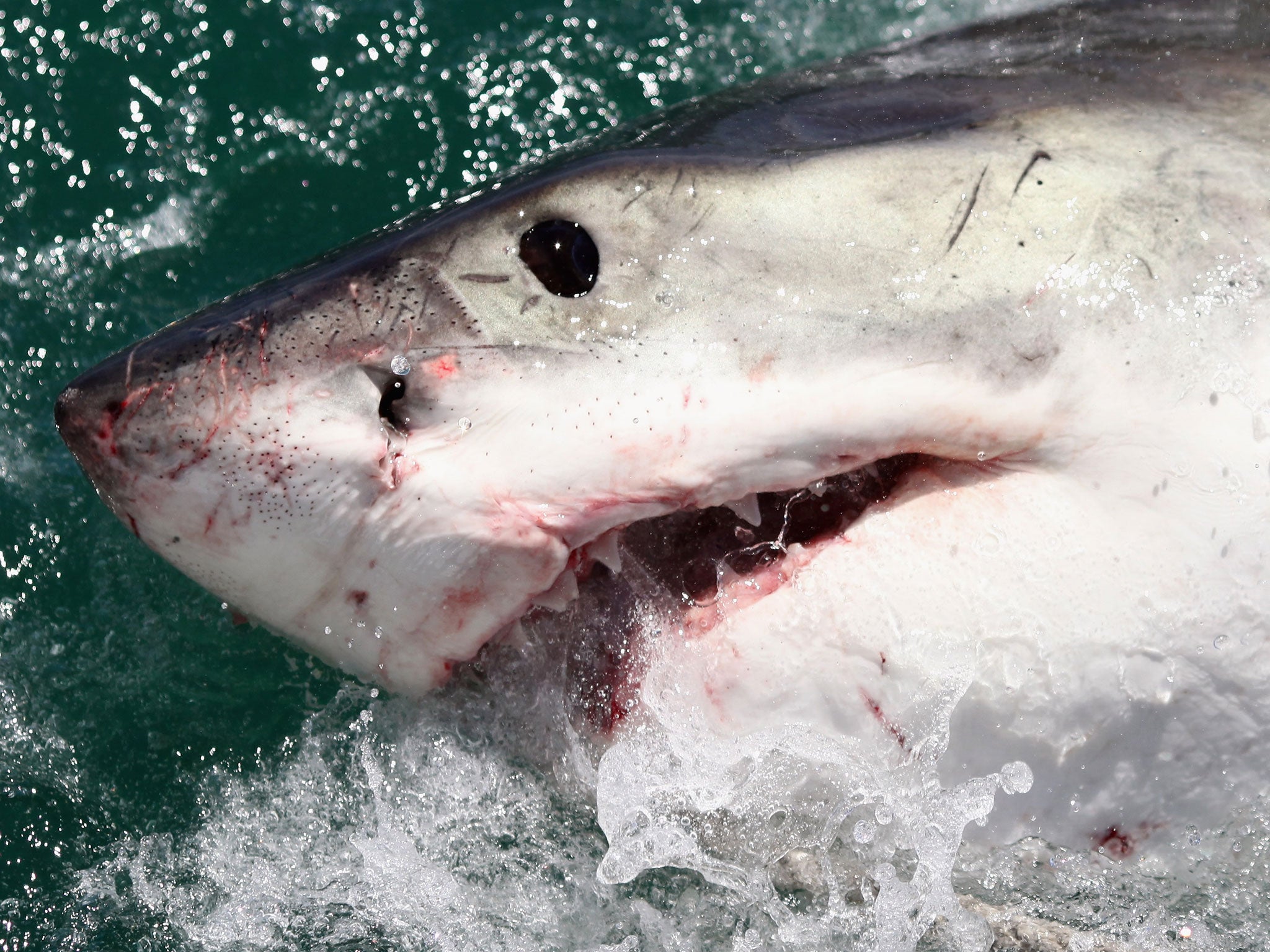Sharks are 'nine times more likely' to kill men than women in unprovoked attacks
A study shows men have been the victims of 89% of all recent fatal shark bites

Your support helps us to tell the story
From reproductive rights to climate change to Big Tech, The Independent is on the ground when the story is developing. Whether it's investigating the financials of Elon Musk's pro-Trump PAC or producing our latest documentary, 'The A Word', which shines a light on the American women fighting for reproductive rights, we know how important it is to parse out the facts from the messaging.
At such a critical moment in US history, we need reporters on the ground. Your donation allows us to keep sending journalists to speak to both sides of the story.
The Independent is trusted by Americans across the entire political spectrum. And unlike many other quality news outlets, we choose not to lock Americans out of our reporting and analysis with paywalls. We believe quality journalism should be available to everyone, paid for by those who can afford it.
Your support makes all the difference.Sharks are nine times more likely to kill men than women, a new study has revealed.
Research examining unprovoked shark-attacks found men were the subject of 84 per cent of all unprovoked shark attacks, and were the victims of 89 per cent of all shark bite deaths between 1982 and 2011.
The team at Australia’s Bond University were so surprised by the data they had to double check their results, the lead author Daryl McPhee told The Telegraph.
Professor McPhee said the study focused specifically on unprovoked shark attacks, as there have been a surprising number of ‘provoked’ incidents recorded.
Describing examples of provoked shark attacks, he said: "People patting sharks on the head, making them angry, putting their hand in the shark's mouth to get a fishing hook out. Jumping on sharks and trying to ride them.
"There are provoked shark attacks that should win Darwin Awards.”
He said the disparity between the number of attacks on men and women could be because men spend more time in water, and are more “risk-prone”.
Incidences of shark bites are also on the rise, with 32 out of a reported 171 proving fatal in Australia within the last three decades. The United States recorded 769 bites, 25 of which were fatal.
However, he said the threat of a shark attack is still very low, and attention should now be focused on educating people on how to stay safe.
"Governments should focus investment on non-lethal alternatives, including public education," he said.
The study is due to be published in the journal Ocean and Coastal Management.
Join our commenting forum
Join thought-provoking conversations, follow other Independent readers and see their replies
Comments